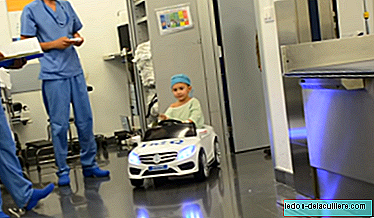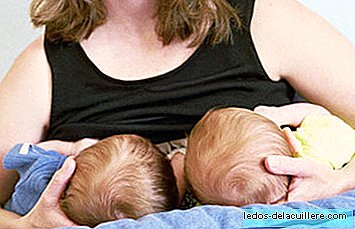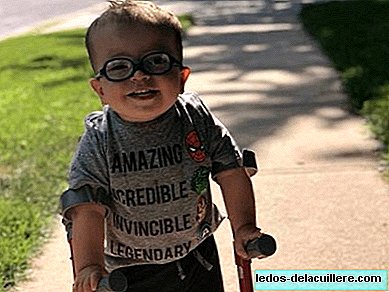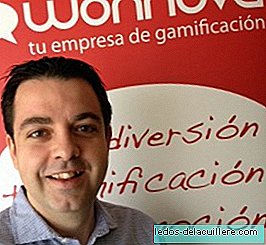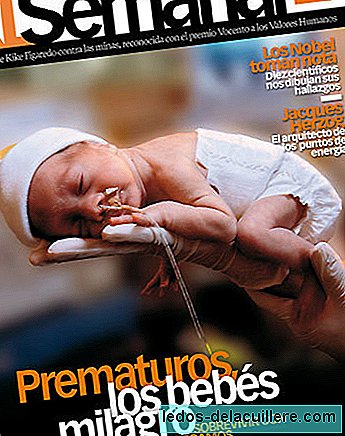
More than 150 hospital and primary care pediatricians, pediatric surgeons, pediatric nephrologists and urologists, nurses and medical residents from all over Spain have gathered in Barcelona to deepen and discuss the enuresis. Bedwetting is an increasingly common pathology in daily medical activity, both in specialized medical consultations and in general medicine and affects both the patient and his environment. We remind you that, according to the International Society for Urinary Continence in Children (ICCS), bedwetting is the intermittent, involuntary leakage of urine during sleep, after 5 years of age.
It is estimated that bedwetting, or involuntary loss of urine during the night, suffers from it 425,000 children between 5 and 14 years of which 91% are not treated. The consequences of the pathology for children who suffer from it are, among others, social withdrawal, problems of self-esteem, shame, and poor school performance. For Dr. Anna Bujons, Urologist of the Puigvert Foundation, and speaker at the conference: "between 1% and 2% of these children will reach adolescence with enuresis and this translates into a social problem."
The experts gathered in Barcelona also discussed enuresis, focusing on its definition and prevalence, its different types, how to evaluate the enuretic patient and make a correct diagnosis and its possible treatment.
What everyone agrees is that only the doctor (pediatrician or urologist) is trained to assess whether bedwetting is associated with more serious pathologies: diabetes, infections or malformations of the urinary tract, etc., and this will determine the treatment to be followed. Be they behavioral measures, drug treatment, or others.
Children are mistakenly considered to have nocturnal urine losses because their sleep is so deep that they are unable to wake up. Thus, Dr. Almudena Sánchez, Pediatrician of the CAP Les Hortes, another of the speakers indicated that: “we must banish the idea that enuretic children sleep deeply, but rather the opposite is true, these children sleep more superficial and therefore their sleep quality is worse ”.
We remind you that the session was held at the Fundació Puigvert, with a Functional Urology Unit of reference in Spain, and that it has been sponsored by the Catalan Society of Pediatrics and has had the collaboration of the Ferring laboratory.



